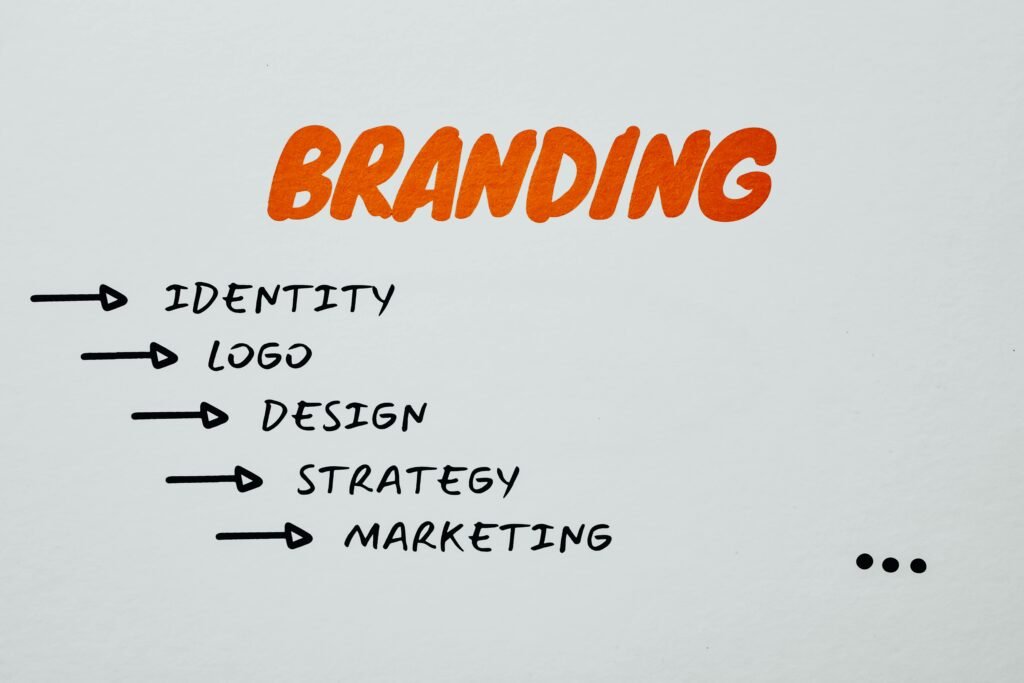In today’s connected world, the difference between a local and a global business often comes down to one thing: online presence. For many entrepreneurs in Germany and France, the traditional local business model is no longer enough. Consumers, suppliers, and opportunities are increasingly digital—and international.
The good news? With the right strategy, even a small shop in Strasbourg or a consultancy in Hamburg can reach clients far beyond national borders.
Why Going Global Starts with Going Online
The internet levels the playing field. Whether you’re running a German business in a rural town or managing a French startup in Paris, you can access the same digital tools and platforms as multinational companies. E-commerce, online services, and digital marketing allow you to promote, sell, and communicate globally—without setting foot outside your home country.
Having a professional website, active social media channels, and a multilingual approach is the foundation of cross-border success.

What European Customers Expect Online
Modern European consumers are digitally savvy and expect fast, reliable, and personalized service—no matter where a company is based. A French customer may discover your brand on Instagram, compare reviews on Google, and complete a purchase on your site, all within minutes. Similarly, a German B2B client may check your website’s design, loading speed, and legal disclaimers before ever contacting you.
Failing to meet these expectations means missing out on trust—and business.
Common Challenges for Local Businesses Expanding Online
Despite the opportunities, many small and medium-sized businesses (SMEs) in France and Germany struggle to adapt:
- Language and localization: Offering content in multiple languages builds trust across borders.
- Payment and logistics: International customers expect local payment options and transparent delivery information.
- Legal compliance: Adapting to GDPR and other EU regulations is essential when scaling digitally.
These challenges can be overcome with proper planning and reliable partners.

Building an International-Ready Digital Presence
Here are a few practical steps for turning your local business into an international player:
- Professional Website: Ensure your site is fast, mobile-friendly, and available in at least English and your native language.
- Search Engine Optimization (SEO): Use location-based keywords and multilingual SEO to appear in international search results.
- Social Proof: Highlight testimonials, case studies, or client logos from different countries.
- Global Marketing Tools: Use ads and email campaigns tailored to specific regions.
Whether you’re targeting Belgium, Austria, or Canada, it all starts with being visible and trustworthy online.
Conclusion
Expanding beyond borders isn’t just for big companies. With smart use of the web, local businesses across France and Germany can grow internationally—at a fraction of the cost of traditional expansion. Digital tools break down geographical barriers and open the door to new markets.
If your company is ready to take that step, make sure your digital foundation is solid. Explore how you can build a scalable, multilingual, and professional online presence at Rakuzan.eu.
Disclaimer: This article is for informational purposes only and does not constitute financial, tax, or investment advice. Readers should consult with a licensed professional before making any financial or business decisions.





